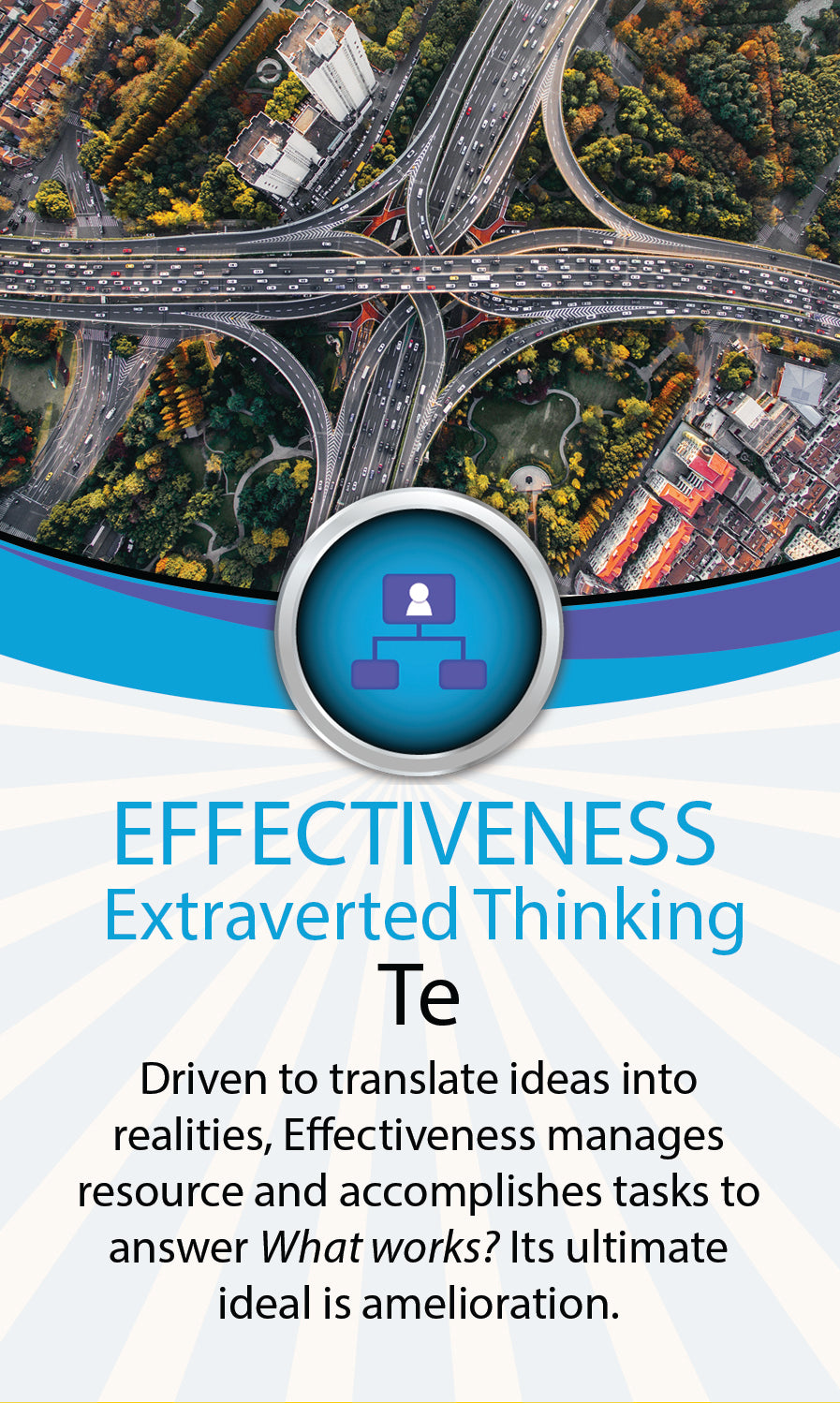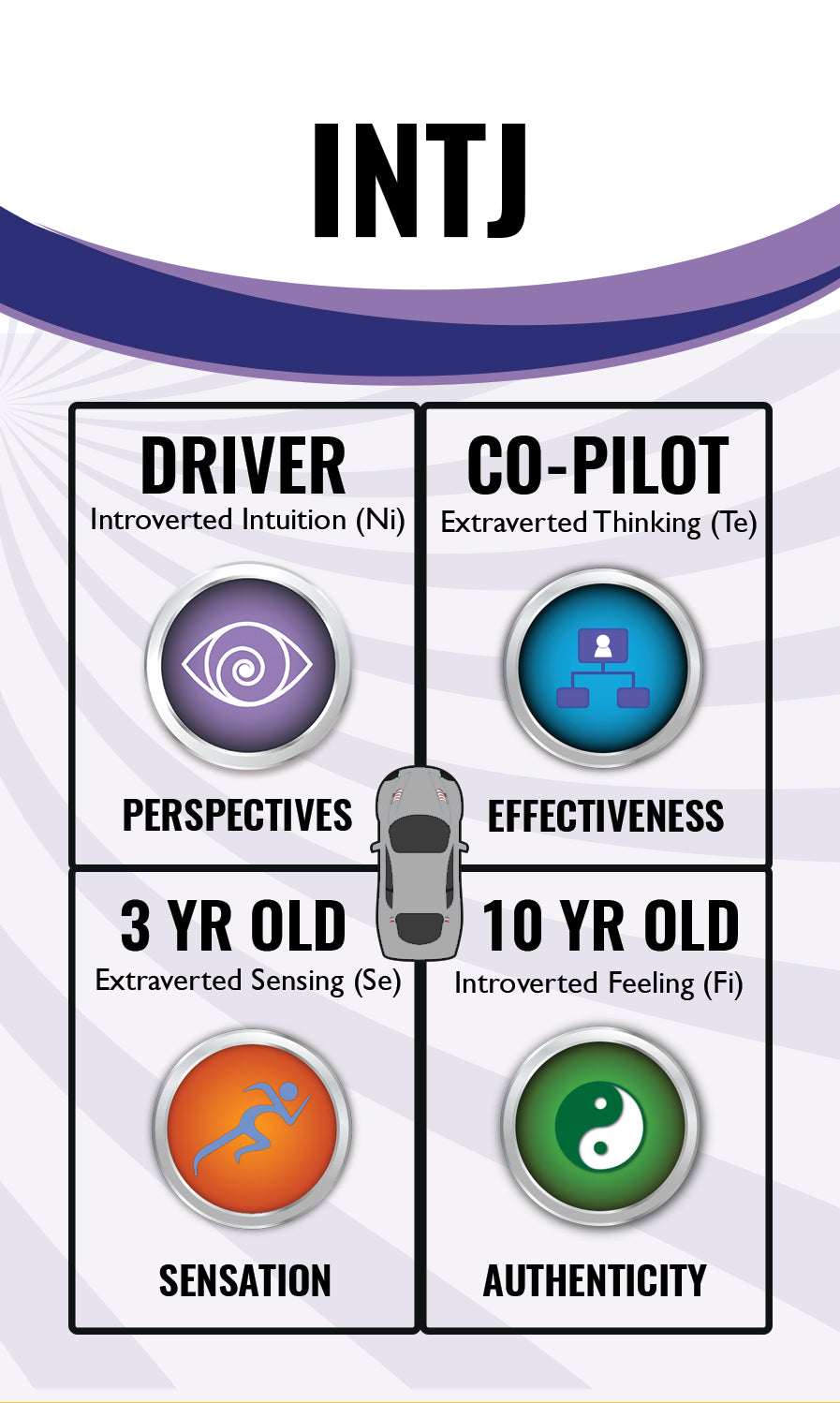INTx Preview Interview #1 - Brent (INTJ)
k
» Enroll In INTx Unleashed
READ THE TRANSCRIPT FROM THIS RECORDING
JOEL MARK WITT: Hi, Joel Mark Witt here from Personality Hacker.
ANTONIA DODGE: And, Antonia Dodge.
JOEL MARK WITT: And, we are starting a short series of videos where we want to showcase some key content from the INTx Unleashed program here at Personality Hacker. We’re doing this for two reasons. Number one, we want to show you a little bit about the program, what’s in the program so you can make a good decision if you want to invest in yourself and invest in this program. Number, two, we love to take elements of our programs and release them as free line content, content you can access and learn from regardless if you decide to invest. That’s just how we’re wired. We like to do that and give back to you regardless of your engagement with us.
ANTONIA DODGE: The INTx Unleashed program is a series of interviews with top performing INTJs and INTPs. Now, while we recognize and are very aware that INTJs and INTPs use very different mental processes, there are still elements and components that are very similar, especially in their experience and how they show up to the world and some of the pain points they have. What we did originally is we send out a survey that said, “Hey, if we create this program, what would you like to see in it?” We got hundreds of responses back. We took those responses. We figured out some of the biggest pain points that INTJs and INTPs experience, and there was a lot of crossovers. There was a lot of overlap, and then when we interviewed these top performing INTJs and INTPs, we asked them your question: how did they figure out some of these major pain points? And, we got some really amazing responses.
JOEL MARK WITT: Yeah. And, some of the stuff that we’re going to talk about in the actual program and even some of this short series we’re doing right now talk about themes like fear survival, surviving the fears that come up for you as an INT, the transcending phobias obviously connected to that, connection with others and the relationship piece is something a lot of INTs had questions about. How do I move through the world with relationships? How do I connect with others? How do I read a room of people? How do I understand what’s going on for other people emotionally? We also have conversation around finding purpose, meaningful purpose in your life and getting self-actualized. And, then conversation around getting over the ego, ego management and then creating joy and happiness ultimately because I think that’s the goal all of us. We just want to live a happy life, and that’s really where the focal point of a lot of these conversations comes down to.
ANTONIA DODGE: Right. It doesn’t matter where you’re at in your growth process. We have people who talk about overcoming a fear of extermination all the way from going from the dark night of the soul and fearing for their lives at every moment, that level of fear, all the way up to people who are talking about transcending their own ego attachments and the things that made them want to be right and how it caused disconnection with other people. It doesn’t really matter where you’re at in your growth phase. You’re going to find something in these interviews that speaks to your situation, that speaks to where you’re at right now in your process.
We’re using Maslow’s hierarchy of needs. You could probably hear in Joel’s explanation. We’re using Maslow’s Hierarchy of Needs as a guide to help you determine where you’re at in your growth process. At the bottom of Maslow’s hierarchy is survival and we have people talk about survival. The next one up is safety and security. How do you find meaningful employment? How do you figure out what you want to do in this world if you’re in a job that isn’t very satisfying? We talk about the love and belongingness piece of building relationships, not just pair bond relationships and some of the things that are quirky to INTs in that, but also elements of how do you deal with small talk and how do you deal with having to be social without being exhausted? We talk about self-esteem which is finding meaning in the world, especially if things feel very absurd or chaotic. Then, at the top, again, it’s that ego transcendence level of self-actualization. No matter where you’re at in Maslow’s hierarchy, you’re going to find something for you.
JOEL MARK WITT: Now, as an INT, you move through the world … Often times people can look absurd. Their decisions may not make logical or rational sense to you and even the chaos of the world going around. We’re going to play a clip now from our interview with Brent Brewer where he talks about his experiences as an INT, especially as a younger person, and some of the chaotic view points he saw in the world and just the irrationality that he saw all around him. I want you to hear what he’s talking about. I think this is going to resonate with you as an INT. I think you’re going to see this coming up for you probably in your own life a lot of ways.
ANTONIA DODGE: Well, in particular as an INTJ. Brent is an INTJ, and so I think this is particularly going to encapsulate the INTJ perspective. In the next interview clip, you’ll hear something that very much encapsulates the INTP perspective.
JOEL MARK WITT: Let’s hear from Brent though first.
BRENT BREWER: I remember thinking that so often and talking about it with what I believe to be an ENTJ stepfather. It’s like, “I can never understand. Why would they do that? Why would this person do that?” I’m just completely baffled sometimes by human behavior. How people are thinking about things, how they can possibly act in these ways that seem to blaringly contradict sound thinking.
I always felt disconnected. I’d even use the word “alienated” sometimes from the external world. I would sometimes have these experiences where I’d be walking downtown or something, and I’d just be like, “What is all this chaos going on inside? What is this?” There’d be buses
As you can imagine, if I’m imposing those levels of judgment on the external world, you can imagine how I was feeling inside about myself, right? Always this inner sense, “I’m not good enough yet. I still have more work to do.”
JOEL MARK WITT: You can see what we’re talking about. If you’re an INTJ in particular, what Brent is talking about, you probably have some resonance with. It makes sense to you: His perspective of the irrationality and the chaos around us in the world.
ANTONIA DODGE: It feels like nobody is putting in any thought to anything and that’s a scary thought. In fact, Brent even mentioned he hesitates to use the word “scary” because it feels almost embarrassing. But, the chaos of the world can generate a sense of fear, especially in INTJs. It also makes you ask the question: what’s the point? If everything is going to be chaotic, if people are going to be taking these irrational actions, what’s the point of anything?
I think the real aha from this particular clip, which is a pretty small aha in comparison to most of the stuff he talks about in the interview, but one of the obvious things that jumps out to me is this idea that the judgment and criticism that Brent had to the outside world was simply a reflection of what he was feeling himself. In order to deal with a lot of the experiences we have about ourselves like the judgment and criticism that we put on ourselves, often times we project them outward in order to distance ourselves from the feeling. A lot of times we do that in some cases just study it and control it and try to figure it out. Sometimes we do it just to create some sort of distance. But, what it ended up doing with Brent is he mentions it put him on this track of he was never good enough. At no point was he ever complete. He had to keep striving and keep getting to the next level. In the interview itself, Brent talks about the strategies he implemented in order to transcend that kind of thinking.
JOEL MARK WITT: He also talks about some of the false starts he had as well where he attempted to make some things happen or bear them out in real life and it didn’t work out for him. He goes right into some of the solutions he came up with.
ANTONIA DODGE: Yeah. Some of the things that you’ll experience in Brent’s interview and then each of these interviews we do … Joel and I get together and do a highlight, which is essentially a whole session dedicated to the interview and the Ahas that we got out of it. And, the Ahas that we got out of Brent’s interview was how he reconciled the inner and the outer world. Interestingly enough, because this was question we ask all INTJs as it was mentioned many times in the survey, we ask them: how do you deal with a lack of energy? Where do you find your energy to be a top performer? In Brent’s case, he talks about cracking the code to having an endless source of energy, and it’s related to that reconciliation of the inner and the outer world. It was very interesting.
He also talks about working through those fears that he mentioned. He talked about the anathema that is being controlled. He mentioned that that was one of his biggest fears is being controlled. He talked about how he overcame the anathema of being controlled. He also talks about one thing that is more liberating than having control, and he also talked about ways that he revolutionized his relationship with his family, in particular his children, and how he has a much, much more intimate and close relationship with his children. Those are just some of the highlights that you’ll find in Brent’s interview.
JOEL MARK WITT: It’s a good interview and we are going to go to our next session to talk about the next person we interviewed who was AJ Drenth. He’s an INTP and I believe that all INTs struggle with doubt but NTPs in particular have this ethos of doubt that they bring to everything which is one of their superpowers. But, what happens is when you doubt things, you doubt everything, including relationships. In the next session, we’re going to hear from AJ talking about the doubt he brought into his relationships and we’re going to talk a little bit about that next.
» Enroll In INTx Unleashed


Expert Personality Type Knowledge
... in Your Back Pocket.
Personality Cards are unique, confidence-boosting personality toolkits: used for practical step-by-step type explanations & coaching support.
Each pack of 32 beautifully designed cards includes:
- 16 Personality Type Cards
- 8 Dichotomies
- 8 Cognitive Function Cards
Originally designed to be used with clients during Personality Profiling Sessions, get your own set for "personality readings" for yourself or friends.